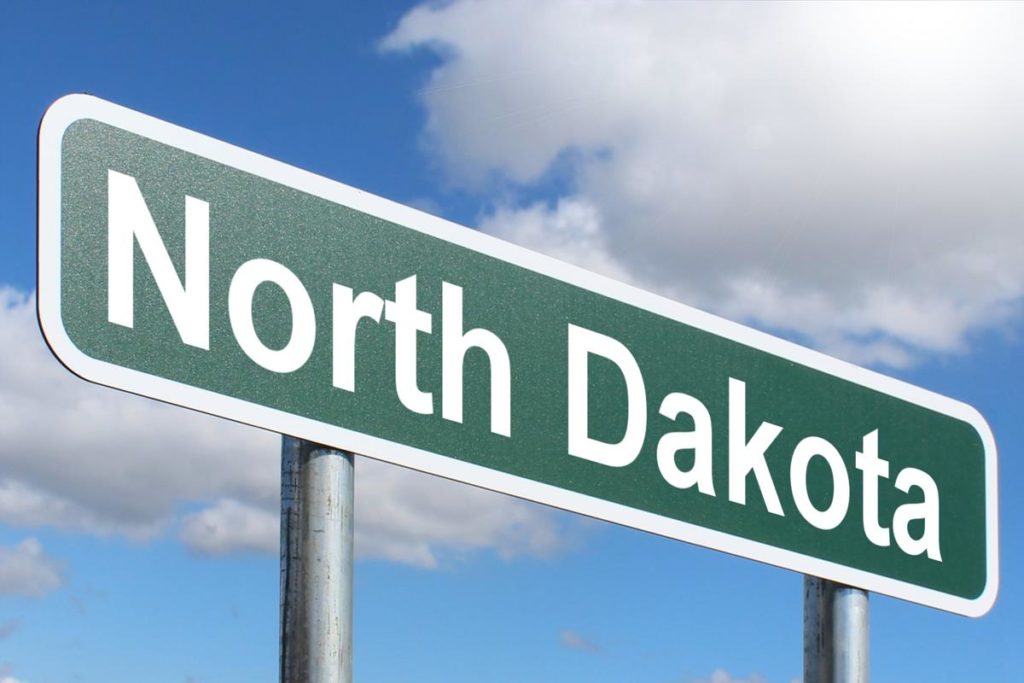How small town folks see the Economy and Democratic Candidates

A poll of 500 Rural North Dakotans covered many hot button issues
How rural North Dakotans view the economy and the Democratic candidates
A new poll by One Country Project (OCP) and the American Federation of Teachers (AFT) was conducted by Change Research. The survey was conducted from Sept. 4 to Sept. 8 and polled 580 rural North Dakotans along with voters from rural communities in eight other states. Everyone who voted was asked to share their thoughts on how rural towns across America are viewed and whether they feel prioritized within politics.
The 580 individuals from North Dakota who took the survey were made up of Democrats, Republicans and Independents. Anyone 18 and older could take the survey as they were split into separate age groups within the poll results. Men and women were also separated into two groups on certain topics to show perspectives as well.
In general, the main concern that rural North Dakotans had was with the economy. According to the OCP, 78 percent of surveyors claimed main streets throughout rural communities in America are declining. Heidi Heitkamp, the former senator of North Dakota and founder of One Country Project, had some input on how rural North Dakotans feel about the economy. “What’s clear from these poll results is rural North Dakotans, regardless of political party, feel like they treading water economically,” Heitkamp stated in the OCP poll.
Within the economic concerns, 20 percent of rural North Dakotans were worried about saving for retirement as 11 percent found problems in jobs not paying enough. The poll showed 26 percent of women are worried about bills increasing faster than income whereas 19 percent of men viewed this as a concern. Prescription drug and health insurance premium costs were also on the minds of those who took the survey. The polls showed 87 percent are unsatisfied with the prescription drug and medications cost while 91 percent view health insurance premiums as too costly.
Doug Usher, a pollster for the OCP team, had some insight on how the poll helps shed light on rural communities and what the surveyors want to be fixed within the economy. “The poll shows that they (rural North Dakotans) are looking for policies that support job expansion across employment areas, including (but not limited to) appropriate trade policies.”
Another part of the poll was how rural North Dakotans view the 2020 Democratic candidates regarding how much they care about rural America. The OCP reported 16 percent of rural North Dakotans think the Democratic candidates support rural communities across America. Another 19 percent think Democrat’s support trade policies that will help their communities. “Rural voters are not seeing Democrats standing up for Democratic values-protecting hard-working Americans and focusing on kitchen table issues,” Heitkamp claimed in the poll. “This means Democrats need to change course and focus on solutions that help small-town Americans.”
These solutions Heitkamp says Democrats should focus on were given by the surveyors. Common concerns shared by voters of all demographics and political parties include the opioid and prescription drug addictions as 81 percent view this as needing to be addressed. The poll also showed that 48 percent of rural North Dakotans aged 65 and older are concerned about the available treatment options for mental health conditions. The majority of voters also agreed with the statement claiming corporations have too much control over rural America.
“We hope it’s used to help all candidates better reflect the opinions of rural voters-which are complex and nuanced,” Usher said in regards of whether he feels this poll will be used by the Democratic candidates. One of the reasons why Heitkamp started the OCP is to expand political discussions throughout rural America focusing on how the Democratic party can become connected with rural communities.
One Country Project was launched in April by Heidi Heidkamp and Joe Donnelly, the former senator of Indiana. The purpose of One Country Project is to address issues within rural communities and to advance opportunities for individuals in these communities. Though this was the first poll conducted by One Country America, there may be more surveys in the future according to Usher.